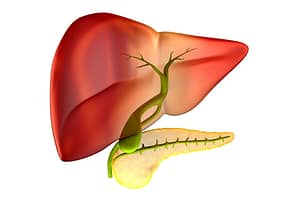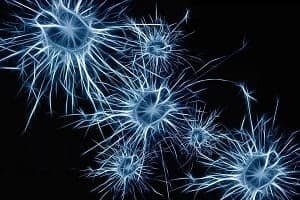Is Multiple Sclerosis a Fatal Disease?
It is observed that more than 70 percent of people living with multiple sclerosis report symptoms of fatigue. During the onset of multiple sclerosis, people often suffer from numbness and tingling of the arms, legs, or one side of the face, uneven balance, and weak legs, double vision, blurry vision, or partial vision loss, etc.
Multiple sclerosis (MS) is a neuro-inflammatory disease known to be the most common disabling neurological disease of young adults. MS affects myelin, which makes up the myelin sheath and wraps around nerve fibers (axons).
When it comes to MS’s problems, its outlook defines that multiple sclerosis is not a deadly disease. Multiple sclerosis can cause disabling of neurological functions, but it is hardly observed to be fatal. However, there are strong indications that multiple sclerosis reduces a person’s life span to about ten years.
Living With MS
People living with multiple sclerosis commonly suffer from tremors, painful muscle spasms, bladder and bowel problems, fatigue, movement and skill difficulties, vision and cognition changes, balancing issues, emotional distress, weakness, and stiffness in muscles, sexual issues, etc.
It was examined that people with MS often suffer from pulmonary (lung) infections, leading to death. Another study revealed that sepsis is one of the major causes of MS-related deaths.
Every individual is known to have his own life story of complications with multiple sclerosis. People living with MS also report that the symptoms often become severe with time. Therefore, to maintain a healthy lifestyle, doctors recommend some preventive measures such as maintaining regular physical activity or exercise, reducing emotional stress through meditation, engaging in social activities, etc.
Can You Live a Normal Life With MS?
Life with MS is exigent or demanding for both the patient and his caregivers, as it leaves a significant impact on both of them. But fighting with it can help to reduce the effects of the disease and make life blissful.
It is observed that people living with multiple sclerosis have a 7 to an 8-year reduced lifespan, but today, life expectancy with MS is increasing with newly available treatment options. It is estimated that many people with multiple sclerosis survive for about 60 years or more.
How to Live With MS?
It is observed that multiple sclerosis mainly affects the quality of life in a person more than a prolonged existence. Self-care is the best way to improve the quality of life, but here are some tips that might help in surviving with multiple sclerosis:
- Several multiple sclerosis support groups help in providing knowledge about the disease.
- There is no special diet for MS patients, but a low-fat, high-fiber diet might be for some.
- Exercise and physical activities such as yoga, swimming/water exercises, gardening, etc. help stay healthy and manage the symptoms. These exercises to improve sleep, reduce cardiac problems, improve strength, etc.
- Reduce or stop alcohol consumption as it affects the central nervous system and leads to problems such as slurred speech, impaired judgment, balancing issues, etc. According to the National MS Society, smoking is known to exaggerate the symptoms of multiple sclerosis and lead to disease progression.
- Engaging with your loved ones can help you recover from emotional distress and reduce the anxiety level.
- Counseling can be of great help to comfort and relax the patients.
- People living with MS should get routine check-ups and take treatment seriously to avoid MS symptoms. Caregivers and friends, and family should also add support to reduce stress and depression.






